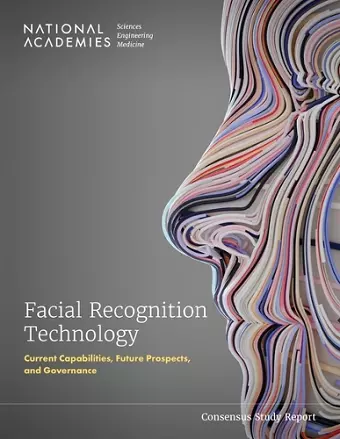Facial Recognition Technology
Current Capabilities, Future Prospects, and Governance
Division on Engineering and Physical Sciences author Committee on Law and Justice author Division of Behavioral and Social Sciences and Education author Policy and Global Affairs author Computer Science and Telecommunications Board author Committee on Science, Technology, and Law author National Academies of Sciences, Engineering, and Medicine author Committee on Facial Recognition: Current Capabilities, Future Prospects, and Governance author
Format:Paperback
Publisher:National Academies Press
Published:20th Apr '24
Should be back in stock very soon

Facial recognition technology is increasingly used for identity verification and identification, from aiding law enforcement investigations to identifying potential security threats at large venues. However, advances in this technology have outpaced laws and regulations, raising significant concerns related to equity, privacy, and civil liberties.
This report explores the current capabilities, future possibilities, and necessary governance for facial recognition technology. Facial Recognition Technology discusses legal, societal, and ethical implications of the technology, and recommends ways that federal agencies and others developing and deploying the technology can mitigate potential harms and enact more comprehensive safeguards.
Table of Contents- Front Matter
- Summary
- 1 Introduction
- 2 Facial Recognition Technology
- 3 Use Cases
- 4 Equity, Privacy, Civil Liberties, Human Rights, and Governance
- 5 Conclusions and Recommendations
- Appendixes
- Appendix A: Statement of Task
- Appendix B: Presentations to the Committee
- Appendix C: Committee Member Biographical Information
- Appendix D: Disclosure of Unavoidable Conflict <
ISBN: 9780309713207
Dimensions: unknown
Weight: unknown
160 pages